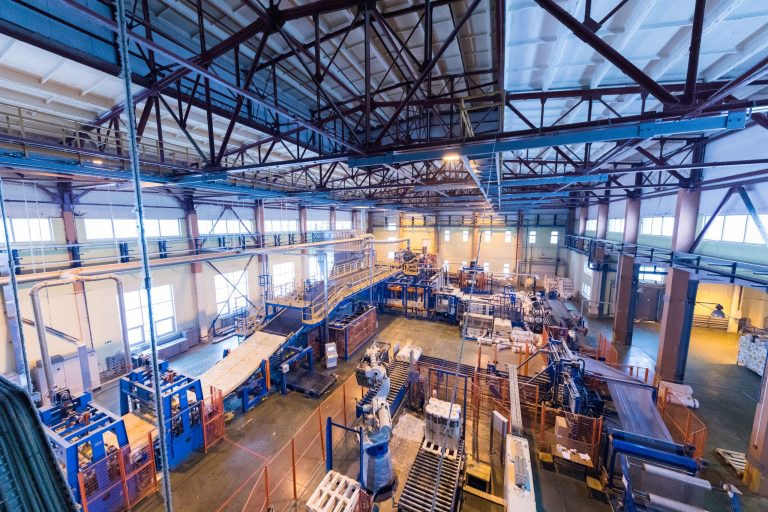Trading in the forex market has always been a game of strategy and precision, but with the advent of the MT5 trading platform and MetaTrader5, the landscape has shifted significantly. These platforms have revolutionized the way traders approach the forex market, offering a blend of advanced features and user-friendly interfaces that cater to both novice and seasoned traders. Let’s dive into how these platforms have adapted forex trading techniques for the online trading environment and what this means for traders today.
The MT5 trading platform and metatrader5 have made it easier than ever to access real-time market data and execute trades with speed and accuracy. Gone are the days of manual charting and slow order execution. With these platforms, traders can analyze market trends, set up alerts, and execute trades in a matter of seconds. The integration of advanced charting tools and technical indicators allows traders to make more informed decisions based on historical data and predictive analytics. This has not only improved the efficiency of trading but also the accuracy of predicting market movements.
One of the key features of the MT5 trading platform and MetaTrader5 that has adapted forex trading techniques is the ability to automate trading strategies. With the built-in MetaEditor, traders can create custom Expert Advisors (EAs) that can execute trades on their behalf based on predefined rules. This has opened up a whole new world of possibilities for traders who may not have the time or expertise to monitor the market constantly. By leveraging these automated trading tools, traders can implement complex strategies that would otherwise be too time-consuming or difficult to manage manually.
Another significant adaptation in forex trading techniques that the mt5 trading platform and MetaTrader5 have facilitated is the use of copy trading. This feature allows traders to follow and replicate the trades of successful traders in the community. By doing so, they can learn from the strategies of top performers and potentially improve their own trading performance. Copy trading has democratized access to expert trading knowledge, making it easier for novice traders to learn and grow in the forex market.
The MT5 trading platform and MetaTrader5 have also made it easier for traders to diversify their portfolios. With access to a wide range of financial instruments, including forex, stocks, commodities, and indices, traders can spread their risk across different markets. This diversification strategy is crucial in managing risk and maximizing returns in the volatile forex market. The platforms’ ability to handle multiple assets simultaneously has made it possible for traders to implement complex trading strategies that involve multiple markets.
One of the most significant challenges in forex trading is managing risk. The MT5 trading platform and MetaTrader5 have developed several tools to help traders manage their risk effectively. Features like stop-loss orders, take-profit orders, and trailing stops allow traders to set predefined limits on their trades, minimizing potential losses and securing profits. These risk management tools have become an integral part of forex trading techniques, helping traders to navigate the unpredictable nature of the forex market with more confidence.
The MT5 trading platform and MetaTrader5 have also adapted forex trading techniques by providing a social trading environment. Traders can now share their ideas, strategies, and even trades with the broader community. This has fostered a collaborative atmosphere where traders can learn from each other’s experiences and insights. The social trading aspect has not only improved trading techniques but also created a sense of community among traders worldwide.
Forex trading techniques have evolved with the MT5 trading platform and MetaTrader5 to include mobile trading capabilities. Traders can now access their accounts and execute trades from anywhere, at any time, through their smartphones or tablets. This mobility has changed the way traders approach the market, allowing them to respond to market movements in real-time and never miss an opportunity. Mobile trading has become an essential part of modern forex trading techniques, providing traders with the flexibility they need to stay competitive.
The MT5 trading platform and MetaTrader5 have also introduced new ways to analyze market data. With advanced charting tools and indicators, traders can now visualize market trends and patterns more effectively. The platforms’ ability to process large amounts of data quickly has made it easier for traders to identify potential trading opportunities and make informed decisions. This data-driven approach to trading has become a cornerstone of modern forex trading techniques.
As forex trading techniques continue to evolve, the MT5 trading platform and MetaTrader5 remain at the forefront of innovation. They offer a comprehensive suite of tools and features that cater to the changing needs of traders in the online trading environment. From automation to social trading, these platforms have adapted to the demands of modern forex trading, providing traders with the resources they need to succeed in this dynamic market.
In conclusion, the MT5 trading platform and MetaTrader5 have significantly impacted forex trading techniques by offering advanced tools, features, and capabilities that cater to the online trading environment. They have made it easier for traders to access market data, execute trades, manage risk, and diversify their portfolios. As the forex market continues to evolve, these platforms will undoubtedly continue to adapt and innovate, shaping the future of forex trading techniques.
FAQ
Which platforms offer online trading for Forex and Gold CFDs?
Markets.com is a licensed online trading platform specializing in Forex and Gold CFDs, offering a simple and secure environment for financial trading. Trade CFDs on a wide range of assets including Forex, Shares, Commodities, Indices, and ETFs today.
What markets can I trade with TradingView?
Utilizing Markets.com on TradingView allows you the flexibility to take both long and short positions in Contracts for Difference (CFDs) across a vast array of more than 3,700 markets. This comprehensive selection encompasses stocks, equities, indices, and forex.
What is CFD Bond Trading and how to access it online?
Get exposure to CFDs on the major government bonds by opening a leveraged position through our markets.com platform. Our wide range of bonds will let you speculate on the price of the bond without owning the instrument itself. Take a long or short position, and adjust your order easily through Markets.com mobile app, webtrader and/or MT4/5.










